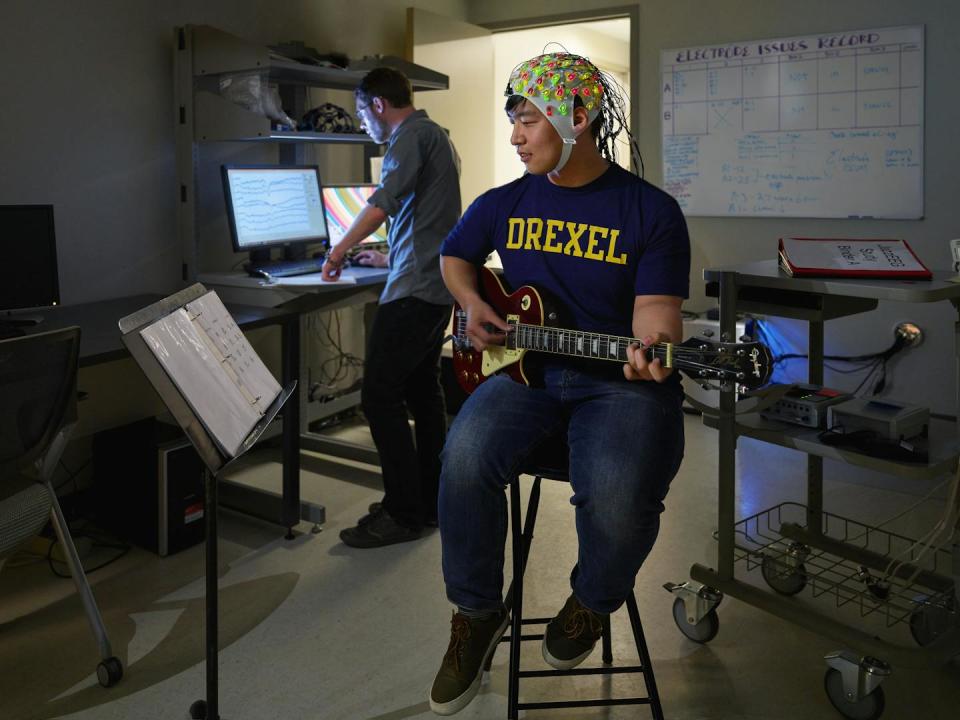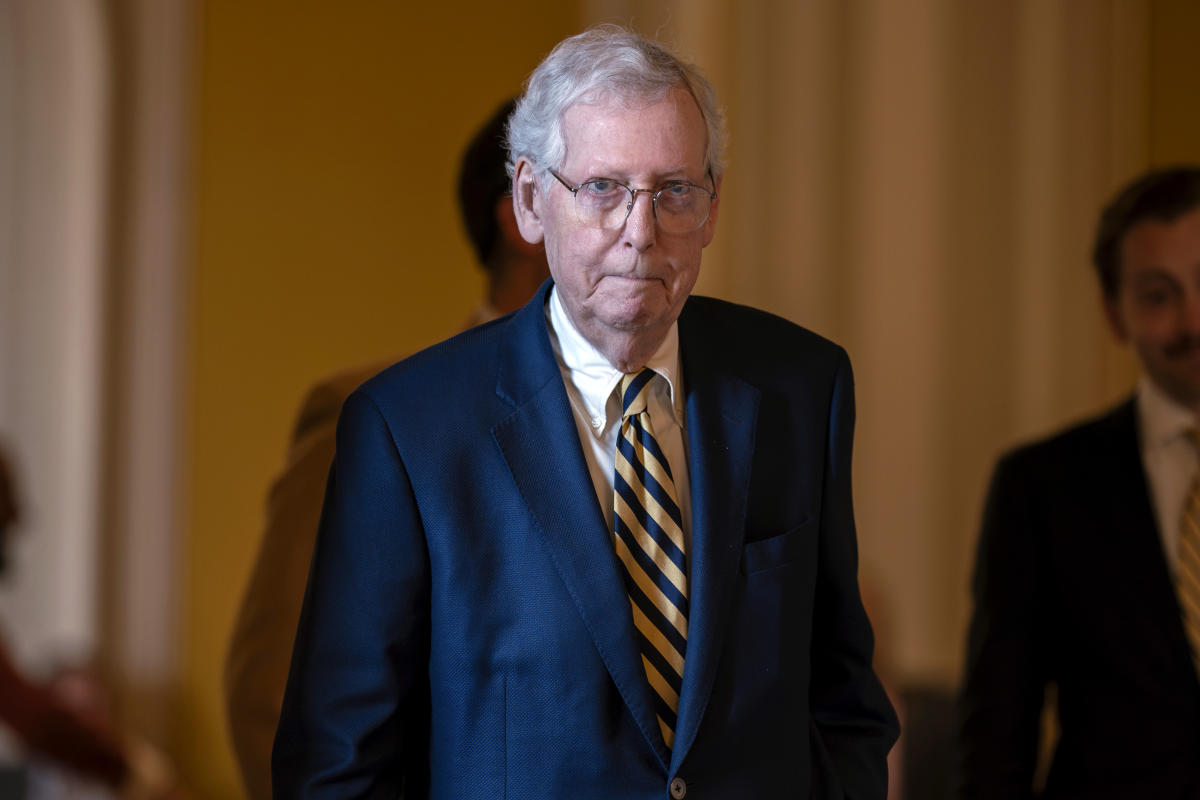It was a bit depressing.
I was paging through my high school yearbook just yesterday and recognized three people who’d already died. One died to suicide. Another to liver failure (addiction), another — nobody knows, which probably means it wasn’t pretty.
In recent years, I’ve tried to map my life decisions with the question, “Will I regret this decision 10 or 20 years from now?” When I work backward, it helps reframe my problems. And so this leads to the question: what do people commonly regret in old age?
The pain point of school or the lack thereof
Emma Freud polled users and said, “There were many more regrets to do with school and college than I would have expected.”
Even those who are successful often regret not having invested in their education. It’s interesting because one CEO I wrote for never went to college. But within 20 minutes of meeting him, the otherwise humble man mentioned he’d gotten near a perfect SAT score — which I suspect comes from his own insecurity for having not finished college (he is paying 100% of his kids, nieces, and nephews college funds — a total of 11 kids).
Education remains one of the best investments you can make — but there should still be some thought into where and what you study (choosing the wrong education was also a common regret).
Cost matters too. Here in Florida, you can spend your first two years at community college, and if you get a 3.0 or better — you automatically get into most state schools after that — and save a ton of money in the process.
The saddest quote
I heard one older man say, “I climbed all the way to the top of the corporate ladder, only to realize it was propped against the wrong wall.”
He was the president of an energy division at a huge trucking company and retired at 60 — because he’d been so unhappy. He’d worked 60+ hour weeks for decades and missed so many of his kid’s recitals, milestones, and other family events. Eventually, he was over it. He retired shortly before he could have received a huge multi-million dollar payout.
I asked him why and he said, “This bonus would have been no different. I’d made so many decisions like this prior. I was always one project, one week away from the next big career win. I’d had enough wins already. It was time to live.”
His pain echoes the common regret of older people that they wish they hadn’t worked so much.
Relationship sacrifices
I heard a joke that Kylie Jenner is just a bougie version of that girl from your hometown who had a baby instead of going to college and now sells multi-level marketing schemes.
Having a baby with the wrong person, and the prioritization of a relationship is one of the most common regrets.
So many people turned down career opportunities or chose a partner over a friend. Instead of traveling while young, they settled down and shelled out a few kids. Then, and especially when the relationship failed, people felt the deepest sense of regret.
I’m a divorced man — and while there are plenty of things I regret that eventually led to the divorce, I don’t actually regret the divorce.
Most relationships take their natural course, and if two people were meant to be together, it would last. It’s as the incomparable Louis CK once said, “No good marriage ends in divorce.”
Tangent to this, one of the strongest predictors of poverty later in life is driven by these three things:
-
Not having a full-time job.
-
Not finishing high school.
-
Having a child before 21 (especially if you are a woman).
Even further, if you are already from an impoverished background — avoiding the above three things means you’ll have a 70% chance of making it to the middle class.
I turn 40 in September, and am friends with many of my high school classmates — and it’s becoming very apparent who has made investments in their future.
It’s never too late to start over — but you don’t have forever.
Not obeying health signs
The journey of Steve Jobs’ final years is now well documented. He avoided surgery to treat his cancer, pursuing an alternative-medicine diet for 9 months.
In his final year of life, Jobs did extensive interviews with Walter Isaacson for his biography and expressed considerable regret for not going straight into surgery and chemo. He looked back, saying that he just didn’t want to get cut open and that he had a fear of the surgery.
Per Dr. Barrie Cassileth, Chief of Sloan Kettering Cancer Center’s integrative medicine department, “Jobs’s faith in alternative medicine likely cost him his life. He had the only kind of pancreatic cancer that is treatable and curable. He essentially committed suicide.”
Job’s evasion of medicine was consistent with his pattern of strange health behaviors, including believing that a fruit diet would prevent him from having body odor (he notoriously smelled horrible in his younger years because he abstained from deodorant).
Like Jobs, there are many who are quite sick and suffering because they delaying getting medical treatments. And if you are one of those people, I wish you the utmost best and full recovery.
There are many people who would be alive today if they had just gotten routine bloodwork or seen a doctor when they should have.
I lost my uncle at 50 from a heart attack because he was afraid of visiting a doctor. I also share a mild fear of the doctor (nothing good ever seems to happen at the hospital).
But I still go every year or two for bloodwork. Even if I do get sick, I want the solace of knowing I did my due diligence.
I’m a former financial analyst turned writer out of Tampa, Florida. My focus on story-driven content to help us live better and maximize our potential.
Signup bonus from




